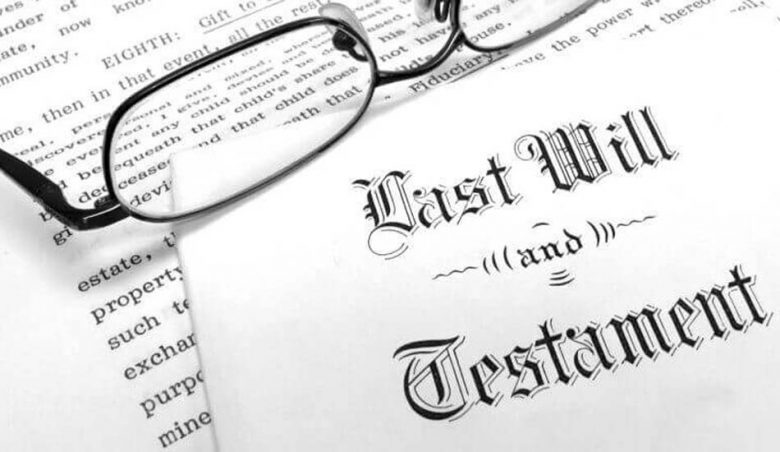A Will is a legal document that specifies the way in which your assets disposed off after you die. Competent Wills lawyers like Perth Wills Lawyers can help you prepare a watertight Will that contains comprehensive and clear instructions regarding disposal of assets and the beneficiaries. A Will also contains information regarding the person(s) or organisation that will execute your Will in the aftermath of your death.
There are two main ways in which property can be disposed off in a Will: Right to Reside and Life Interest. Both these terms are explained below.
Right to Reside
In this case, the beneficiary is usually allowed to live at the premises until his or her death. In certain cases, the beneficiary may be allowed to live on the property for a specified amount of time. The beneficiary may also be expected to pay for upkeep and maintenance. All this information will be clearly stated in the Will.
Important points regrading ‘Right to Reside’ include:
- The premises cannot be rented or leased out
- He or she is not allowed to sell the property
- Under ‘right to reside’ clause, the beneficiary is not allowed to derive any income from the property
- In case the beneficiary dies, the property is then sold, leased out or disposed off according to the terms in the original Will; the beneficiary cannot control the distribution of the property after his death
Life Interest
If the property has been left to the beneficiary under ‘life interest’, they are allowed to enjoy any income derived from the property during their lifetime. If the beneficiary dies, then the property is disposed off according to the terms specified in the original Will.
This is why it’s extremely important to name an executor (the executor may be a person or an organisation) in your Will. The executor will oversee the administration of the estate and ensure that every asset and property is distributed in accordance with the terms mentioned in your Will.
An individual must take into account the manner in which he owns property before specifying the manner of disposal. For example, a person may own a property ‘jointly’ with a spouse; this is usually the most common way to own property. In such cases, the property will automatically pass over to the wife in case of unexpected death. In other cases, if the individual is a sole owner of the property, the spouse may enjoy a ‘right to reside’ in the property.
In general, making provisions in your Will minimises the likelihood of uncertainties after your death. The Will and last testament is a legal document in the eyes of law and the terms and conditions mentioned cannot be contravened by individuals.

